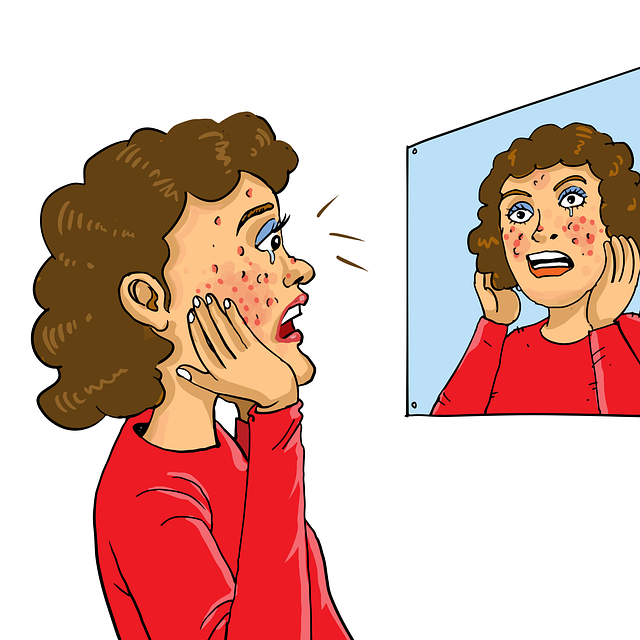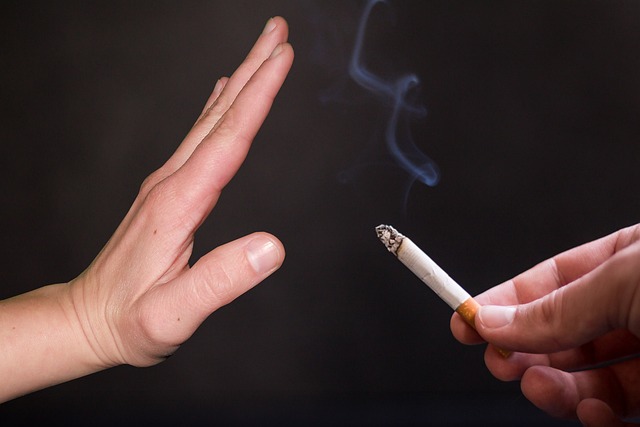Knuckle cracking is a common habit that many people engage in without even realizing it. While it may seem harmless, there are potential health risks associated with this habit that should be considered.
In this article, we will explore what knuckle cracking is, the potential health risks associated with it, the benefits of quitting, and tips for breaking the habit.
What is Knuckle Cracking?
 Knuckle cracking is the act of bending your fingers to create a popping or cracking sound. This sound is caused by the release of gas bubbles in the synovial fluid that surrounds your joints. While some people crack their knuckles out of habit, others do it to relieve stress or tension.
Knuckle cracking is the act of bending your fingers to create a popping or cracking sound. This sound is caused by the release of gas bubbles in the synovial fluid that surrounds your joints. While some people crack their knuckles out of habit, others do it to relieve stress or tension.
The Potential Health Risks of Knuckle Cracking
While knuckle cracking may seem harmless, there are potential negative effects on joint health. Studies have shown that habitual knuckle crackers are more likely to develop arthritis in their hands than those who do not crack their knuckles. Additionally, frequent knuckle cracking can lead to decreased grip strength and joint swelling.
The Benefits of Quitting Knuckle Cracking
Quitting the habit of knuckle cracking can have numerous benefits for your overall health and well-being. Improved joint health is one of the most significant benefits, as quitting can help prevent arthritis and other joint-related issues. Additionally, quitting can help reduce anxiety and stress levels.
How to Break the Habit
Breaking the habit of knuckle cracking can be challenging, but there are several strategies you can use to help you quit. Mindfulness techniques such as deep breathing and meditation can help you become more aware of when you are about to crack your knuckles and stop yourself before you do it. Seeking professional help from a therapist or counselor can also be beneficial if you find that your habit is related to anxiety or stress. Or listening to a hypnosis track works well for lots of people.
Tips for Avoiding Knuckle Cracking
Avoiding the urge to crack your knuckles can be challenging, but there are practical tips you can use to help you break the habit. Keeping your hands busy with activities such as knitting or playing with a stress ball can help distract you from the urge to crack your knuckles. Wearing gloves or wrapping your fingers in tape can also help prevent you from cracking your knuckles.
Alternatives to Knuckle Cracking
If you find that you need a replacement habit for knuckle cracking, there are several alternatives you can try. Squeezing a stress ball or doing hand exercises can help relieve tension and stress in your hands without causing any harm to your joints.
The Long-Term Benefits of Quitting Knuckle Cracking
Quitting the habit of knuckle cracking can have numerous long-term benefits for your overall health and well-being. Improved joint health and decreased risk of arthritis are some of the most significant benefits. Additionally, quitting can help reduce anxiety and stress levels, leading to improved mental health.
In conclusion, while knuckle cracking may seem harmless, there are potential health risks associated with this habit that should be considered.
Quitting the habit of knuckle cracking can have numerous benefits for your overall health and well-being, including improved joint health and decreased anxiety levels. By using the tips and strategies outlined in this article, you can break the habit of knuckle cracking and improve your overall quality of life.








